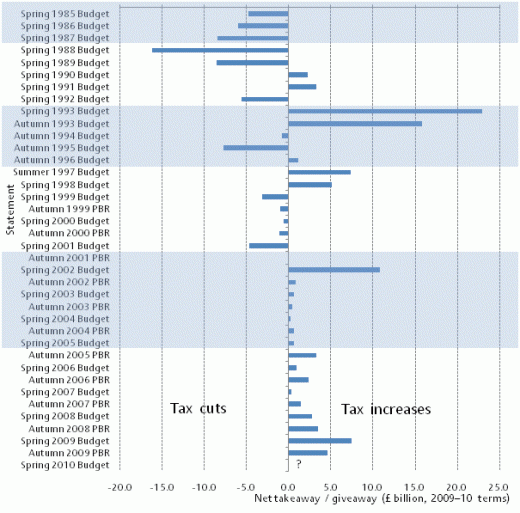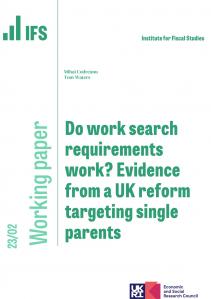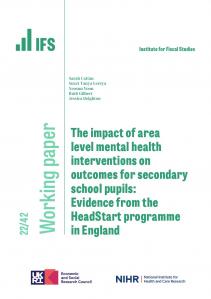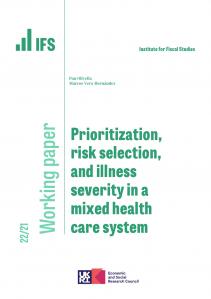Last week Chancellor Alistair Darling warned us not to expect a giveaway in next week's Budget, while his Chief Secretary to the Treasury, Liam Byrne, reassured us that the Government could halve the deficit by 2013-14 without announcing any further tax increases. If both statements prove correct - no pre-election tax giveaway and no new post-election tax takeaway - then this would break the pattern of the last four general elections.
The figure below shows the net long-run fiscal impact of tax measures announced in each Budget and Pre-Budget Report (PBR) since spring 1985. The shaded areas denote different Parliaments.
The clearest example of pre-election tax cuts followed by post election tax rises was around the April 1992 general election. In the pre-election Spring 1992 Budget the Conservative Government announced net tax cuts worth £5½ billion a year in today's terms. The then Chancellor Norman Lamont has conceded that this was "not a very good budget. But it did help us to win the 1992 election". In contrast the Spring 1993 Budget delivered a net tax rise of £23 billion a year. Lord Lamont described this as having "helped to lose the 1997 election for the Conservatives, but it was definitely my best budget". The November 1993 Budget - delivered by the now Shadow Business Secretary Ken Clarke - delivered a further £16 billion of tax raising measures.
Under Labour the pre-election Budget of Spring 2001 did contain a net tax cut, but the pre-election Budget of Spring 2005 did not. This difference reflects the apparent strength of the public finances at the time: in 2001 a pre-election giveaway appeared consistent with then Chancellor Gordon Brown's fiscal rules, whereas by 2005 the strength of the public finances had deteriorated and a breach of those rules seemed increasingly likely. Given the current far worse state of the public finances, a significant permanent pre election giveaway in next week's Budget would be tantamount to poking gilt investors with a sharp stick. And voters might well think it too good to be true.
That suspicion would certainly be justified by the experience of recent post-election tax decisions. Like the Conservatives after 1992, Labour has tended to announce relatively big net tax increases in the months following its general election victories. This can be seen in the Budgets of July 1997, March 1998, April 2002 and the PBR of 2005. We have also seen relatively large tax increases announced since the outbreak of the recent financial crisis (PBR 2008, Budget 2009 and PBR 2009). But with the exception of the increases in income tax from April 2010, which will only directly affect one adult in 50 (those fortunate enough to have an income above £100,000 a year), most of the pain will not be felt until after the 2010 general election. For example the forthcoming 1ppt rise in all rates of National Insurance Contributions is not scheduled to come into force until April 2011.
It is possible that we won't see further net tax rises after the 2010 general election. But recent history suggests we will. And so too does the need to reduce the deficit from its current post second World War high without eye-watering cuts in many areas of public spending. Whatever Mr Byrne may say now, most likely we will see a Chancellor - or Chancellors - announcing fresh net tax increases in 2010 and 2011, once the forthcoming general election is safely out of the way.
Figure. Net estimated long-run fiscal impact of tax changes by statement since Spring 1985.











